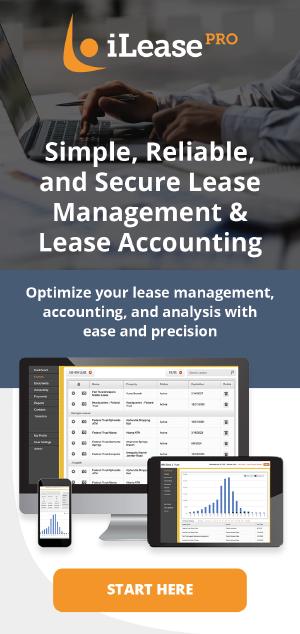Key Trends Influencing the Future of Lease Accounting & Management

The world of lease accounting and management is ever-evolving, with innovative approaches surfacing to match the shifting economic landscape. Understanding these trends
is essential for entities dealing with leases, especially with the implementation of standards like ASC 842, GASB 87,
GASB 96 and IFRS 16 that have fundamentally changed lease accounting.
One of the most pronounced trends is the
increased adoption of lease accounting software. In the era of digital transformation, companies are realizing the
potential of software solutions to automate lease accounting processes, thereby reducing the risk of human error and
ensuring compliance. These software systems not only offer streamlined operations but also provide data-driven insights
that can be utilized for strategic decision-making.
The rise of AI and machine learning is another notable trend,
providing significant opportunities for automation and data analysis in lease management. Through the application of AI
algorithms, companies can automate the extraction of key terms from lease contracts, assess risk, and even forecast
future financial implications. This provides both cost savings and increased accuracy, highlighting AI's transformative
potential in lease accounting.
Furthermore, as sustainability efforts gain momentum globally, green leasing is on
the rise. These leases include clauses that encourage environmentally friendly practices, like energy efficiency and
reduced emissions. As companies seek to demonstrate their commitment to sustainability, they are turning to green leases
as a tangible step towards their ESG goals.
Finally, the ongoing effects of the COVID-19 pandemic are reshaping
lease accounting and management. The shift towards remote working has triggered a reassessment of real estate
portfolios, with many companies opting for flexible leases to manage uncertainties. This introduces new complexities in
lease accounting, emphasizing the need for dynamic lease management strategies.
In conclusion, the future of
lease accounting and management will be shaped by digital transformation, environmental sustainability, and the evolving
work landscape. Companies will need to adapt to these changes to ensure they remain compliant and make the most out of
their leasing arrangements. Keeping abreast with these trends is not just a necessity, but a strategic move that could
have a profound impact on a company's bottom line.



